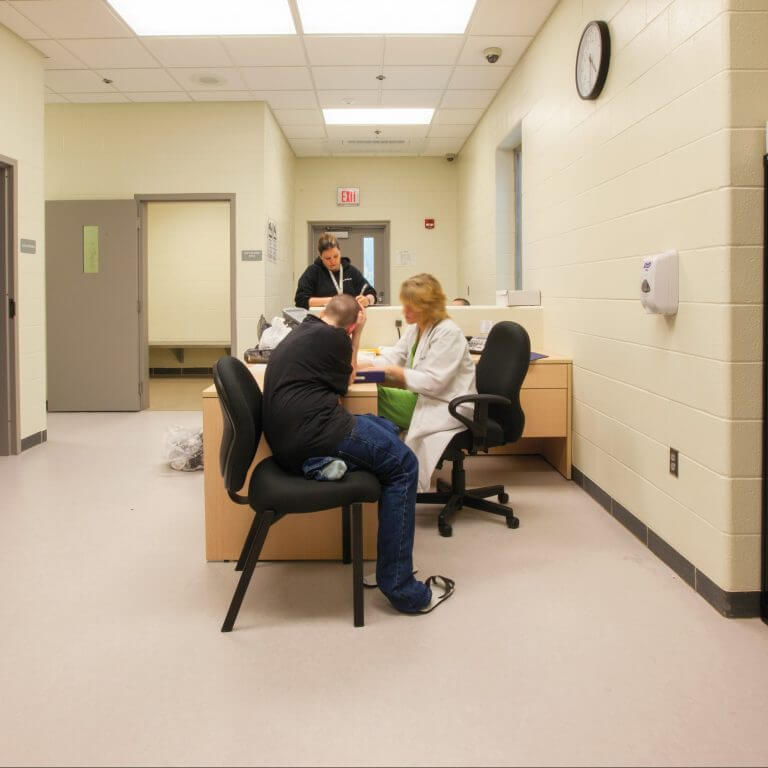The Challenge
Developmental differences in young adults make them more likely to be impulsive and susceptible to negative peer influences and less apt to weigh the long-term consequences of their actions. This can lead to escalated interactions with law enforcement, making it critical that officers are trained both to understand and respond appropriately to young people’s behavior. By changing the ways officers and youth interact, there is tremendous potential to reduce unnecessary escalation and establish trusting relationships that can lead to improved community safety.
The Project
Through her Stoneleigh Fellowship, Rhonda McKitten worked with the Philadelphia Police Department to expand officer training to reduce the escalation of conflicts between youth and police. She still advises City stakeholders on incorporating adolescent development research into ongoing juvenile and criminal justice reforms and is leading development of Philadelphia’s Juvenile Assessment Center.
This Stoneleigh Fellowship enabled Rhonda to:
- Research best practices and develop officer trainings. Rhonda audited the Police Department’s existing policies and trainings and researched national best practices related to police-youth relations. She also developed new training curricula that includes modules on adolescent development, youth trauma, the collateral consequences of juvenile adjudications, special education and students with disabilities, and implicit bias.
- Institutionalize trainings and policy changes. Rhonda delivered trainings in coordination with Police Academy staff and developed a train-the-trainers module and manuals. She also disseminated the curricula to stakeholders at the state and national level for replication and served as a liaison for the Police Department across related reform initiatives.
- Develop a reform agenda to make youth holds and arrests trauma-informed and service-oriented
Rhonda is leading development of the City of Philadelphia’s Juvenile Assessment Center. The Center will offer a centralized, developmentally appropriate alternative processing location to local police districts, where youth who are arrested often face long wait times, exposure to adult offenders, and other potentially traumatizing conditions.



